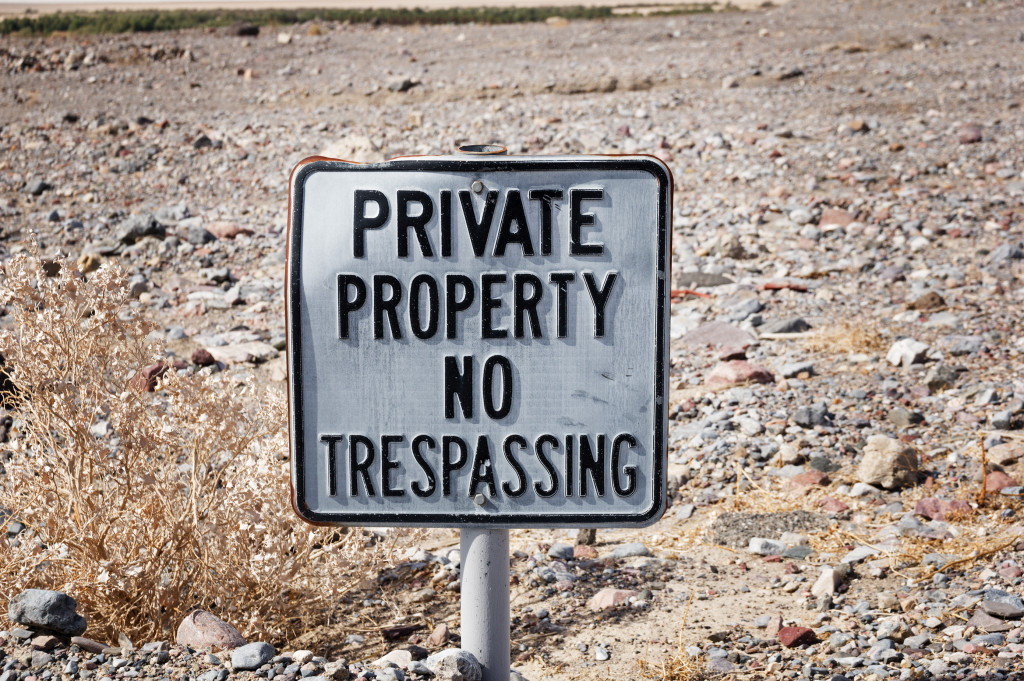You may not consider yourself a property owner, but you undoubtedly have significant possessions. Your house, car, clothing, furnishings, and even your intellectual property are all examples of things that are yours alone.
While most people understand that they have a right to their personal property, there is often confusion about what these rights entail.
What Are Property Rights?
Property rights are people’s legal rights and protections about their possessions. These rights can vary from country to country but generally include the right to own, use, and dispose of one’s property as desired.
Property rights can be extremely important for protecting one’s financial security. For example, if someone owns their home outright, they have the right to live in it for as long as they want and can be confident that no one will try to take it away from them.
Likewise, if someone has a valuable piece of art or jewelry, they can rest assured that no one will simply take it from them without their consent.
Property rights also play an essential role in business. For example, if you start a company, you have the right to run it as you see fit and keep any profits it generates.
These rights are essential for ensuring that people can freely pursue their goals without having to worry about others unfairly taking what they have worked hard to achieve.
The Different Types of Property Rights
There are different types of property rights that people can have. The most common are:
The Right to Control
The right to control is the most fundamental property right. It gives the owner of a piece of property the right to make decisions about how it is used. This includes decisions about who can use it, how it can be used, and even what happens to it when the owner dies.
If you start a company, you have the right to run it as you see fit and keep any profits it generates. This allows you to make decisions about how the company is run without interference from others. It also ensures that you can save the money you make from the company rather than giving it to someone else.
The Right to Possess
The right to possess is the right to have physical control over a property. This includes the right to keep it safe and secure, use it as desired, and exclude others from its use.
Suppose you’re seeking a house but don’t know about this. In that case, some mortgage lenders can assist you in obtaining the legal right to live in it while also finding the best mortgage that suits your budget.
On the other hand, there’s what you call a mortgage lien which gives a mortgage lender the right to seize property if the borrower fails to repay the loan. This can be an important tool for protecting the lender’s investment and ensuring they can recoup their losses if the borrower defaults on the loan.
The Right of Exclusion
The right of exclusion is the right to keep others from using your property. This includes the right to erect fences or other barriers to prevent others from entering and the right to stop them from using your property in a way you disapprove of.
For example, if you own a piece of land, you have the right to exclude others from hunting on it or building a home on it without your permission.
The Right of Disposition
The right of disposition is the right to sell, transfer, or otherwise dispose of your property as you see fit. This includes the right to give, sell, or leave it to someone in your will.
For instance, if you own a house, you have the right to sell it or give it to someone in your will. But if you have a mortgage, the lender likely has some say in whether or not you can sell the property.
Protect Your Property
There are several things that you can do to protect your property rights. The most important thing is to ensure that you understand and assert them whenever necessary.
Secondly, you can ensure that you have the proper documentation. This includes titles, deeds, and other legal documents that prove that you are the rightful owner of the property.
Third, you should keep your property well-maintained and in good condition. This will help prove that you are the rightful owner and that you are taking good care of it.
Finally, you can join forces with other property owners to protect your rights. This includes forming homeowner’s associations or other groups.
What if your property rights have been violated? It would help if you first tried to resolve the issue with the person or company that has violated your rights. You can file a lawsuit to seek damages if that doesn’t work. You can also contact a lawyer to help you protect your rights.
Final Thoughts
It is important for people to understand the different types of property rights they have and how to protect them. By understanding your property rights and how to enforce them, you can feel more confident in protecting what is rightfully yours.


